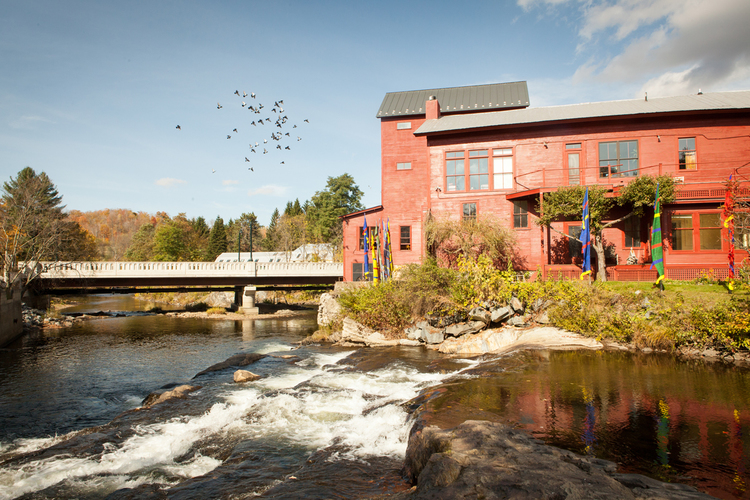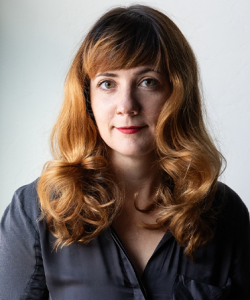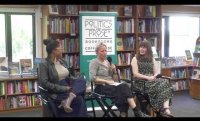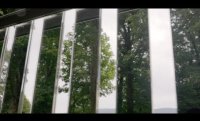Vermont Studio Center
The Vermont Studio Center offers two-, three-, and four-week residencies year-round to poets, fiction writers, creative nonfiction writers, and translators in Johnson, Vermont, a village located in the heart of the northern Green Mountains. Residents are provided with time and space to write, as well as readings, craft talks, and one-on-one manuscript consultations with invited visiting writers. Residents receive a private room, a private studio, and meals. The cost of the residency is $2,700 for a two-week stay, $3,825 for a three-week stay, and $4,950 for a four-week stay.
Vermont Studio Center, 80 Pearl Street, P.O. Box 613, Johnson, VT 05656. (802) 635-2727.











